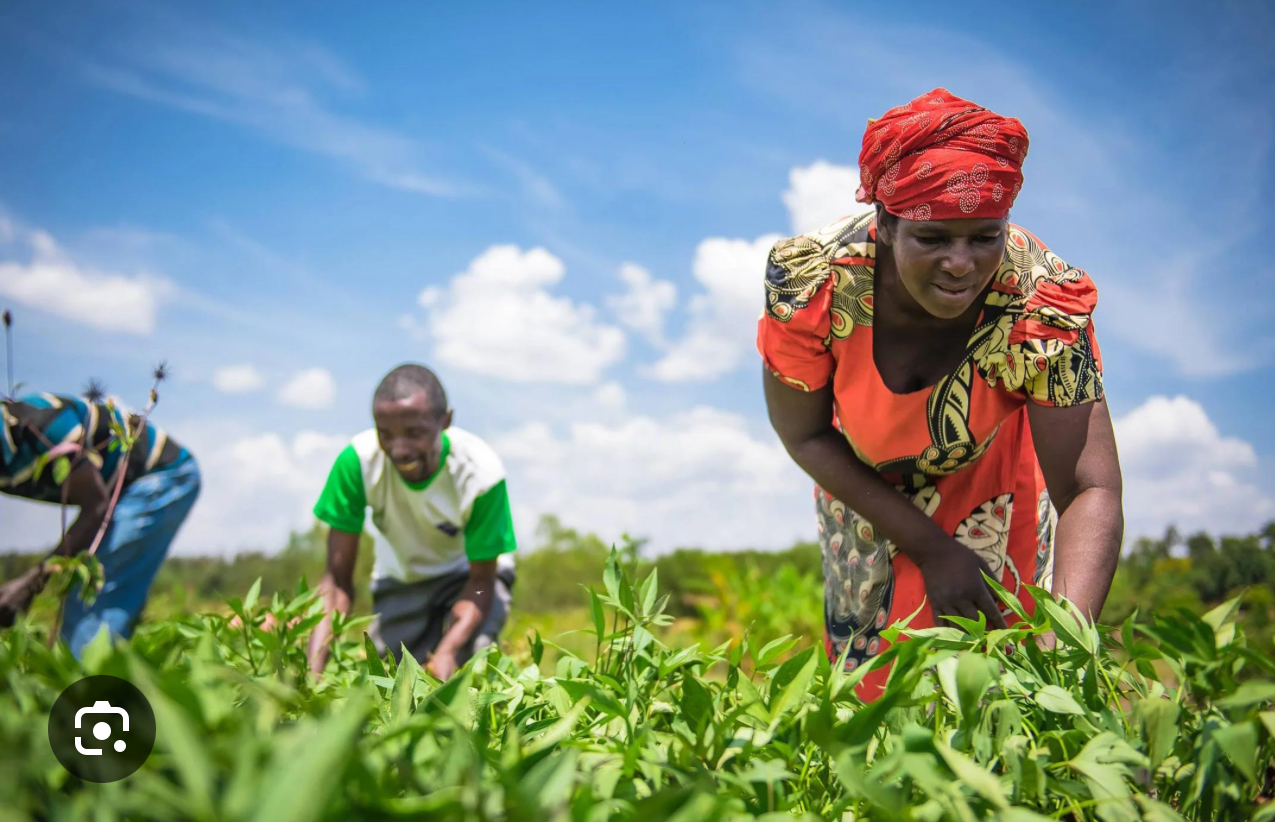The Feed the Future Rwanda Orora Wihaze Activity has officially wrapped up, achieving significant outcomes in boosting animal-sourced foods (ASF) production and improving nutrition in Rwanda. Over five years, the initiative reached 180,250 people, increased the proportion of children with access to a minimum acceptable diet from 45% to 66.2%, and improved dietary access for women of reproductive age from 17% to 82.5%. It also facilitated $82.5 million in ASF product sales and leveraged $5.3 million in private sector investment and $16.2 million in agricultural financing.
Funded by USAID under the U.S. Government’s Feed the Future program, the activity aimed to enhance the availability, access, and consumption of ASF in eight districts of Rwanda. By addressing systemic challenges in ASF markets, Orora Wihaze improved livelihoods for smallholder farmers and contributed to better nutrition outcomes, especially for women and children.
The program partnered with local businesses, financial institutions, and community organizations to tackle issues such as livestock vulnerability to disease, limited access to quality inputs, and gaps in animal husbandry practices. It also worked with banks and microfinance institutions to create tailored loan products, enabling smallholder farmers to expand production.
In addition to improving production, Orora Wihaze promoted social behavior change strategies to raise awareness about the health benefits of ASF and increase consumption. These efforts expanded ASF availability in rural and semi-urban areas, empowering communities to make informed nutritional choices.
“The progress made over the past five years demonstrates the potential of collaborative efforts in improving Rwanda’s ASF markets,” said John Ellenberger, Executive Director at Land O’Lakes Venture37, the lead implementing partner.
Benjamin Lawrence, Supervisory Contracting Officer at USAID Rwanda, emphasized the program’s role in tackling malnutrition, stating, “Increasing the presence of animal-sourced foods in daily diets is critical to achieving food security.”
As Orora Wihaze ends, its results highlight the potential for sustainable economic growth and improved nutrition in Rwanda’s livestock sector.




















